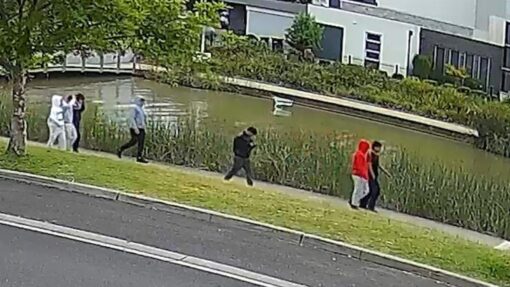“Hi Mum” message scam hits peak as ACCC urges caution
Richard Dinnen - Queensland Editor |

Scamwatch says there’s been a significant spike in so called “Hi Mum” message scams in Australia over the past two months.
They’re also known as family impersonation scams. Most attempts are made through the encrypted messaging platform, WhatsApp, but the scam also operates via text messages.
The scammer poses as a family member or friend, claiming they have lost or damaged their phone and are making contact from a new number.
Scammers might ask for personal information, photos, or money to help pay an urgent bill or replace the phone.
Some messages say “it’s me”. But some scammers seem to have contact information and use the name of the person they are impersonating.
Australian Competition and Consumer Commission Deputy Chair, Delia Rickard, said more than 1,150 Australians fell victim to the scam in the first seven months of this year, with total reported losses of $2.6 million.
“We have seen an explosion in the number of ‘Hi Mum’ scams in the past couple of months.
“We are warning Australians to be very wary of messages from unknown numbers claiming to be from their children, parents, relatives or friends.
“Scammers will stop at nothing to get your personal details or money and this particular scam is designed to pull your heartstrings.
“It’s important to stop and think if you get a message, especially on WhatsApp, because chances are it’s not your family member or friend. It’s a scammer.
“If you’re contacted by someone claiming to be your son, daughter, relative or friend, start by calling them on the number already stored in your phone to confirm if it’s no longer in use. If they pick up – you know it’s a scam.
“If unable to make contact, you should try a secondary contact method to verify who you’re speaking to.
“If you still can’t contact your family member or friend, consider asking a personal question a scammer couldn’t know the answer to, so you know the person you are speaking to is who they say they are.
“Above all, never send money without being absolutely sure who you are sending it to.”



